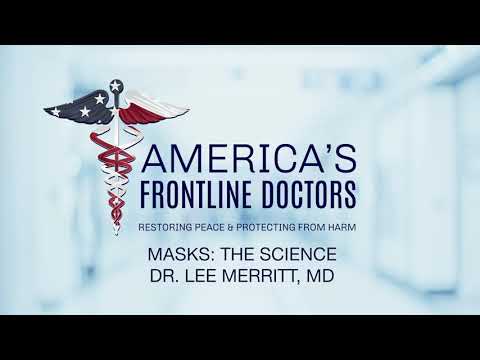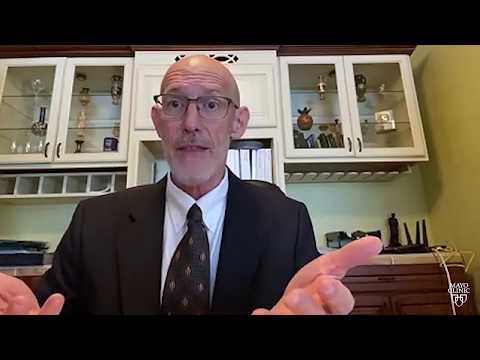
WASHINGTON, D.C. – As the CDC begins to ease its mandates for COVID-19 masks across the United States, NBC Philadelphia reported on March 23 that, following the CDC’s lead, Philadelphia had eased its mask mandate restrictions. New mask restrictions apply to people who have received the COVID-19 vaccination. This was announced by the Pennsylvania Department of Health on March 22.
“The vaccines that are currently available across the state and country are highly effective at protecting vaccinated people against severe and symptomatic COVID-19,” Acting Secretary Beam said. “Research has shown that fully vaccinated people are less likely to have asymptomatic infection and potentially less likely to spread the virus that causes COVID-19 to others. However, there is still more to learn about how long protection lasts and how much vaccines protect against new variants of the virus, so some prevention measures will continue to be in place for all people, regardless of their vaccination status.”
The release included two situations in which mask wearing was no longer required, visiting fully vaccinated people indoors, and visiting unvaccinated people from a single household ‘if’ they are at low risk for severe COVID-19.
Despite arguments against their efficacy, major media institutions continue to advocate the use of masks. For instance, The Weather Channel reported that cloth masks were the most effective against the spread while The New York Times reported a list of places to buy “masks you can trust” on Wirecutter, which was updated on March 19, 2021.
In response to the ensuing debate, some mask distributors have begun to label “earloop masks” as “not a respirator”. These warning labels expressly state “THIS PRODUCT WILL NOT PROVIDE ANY PROTECTION AGAINST COVID-19 (CORONAVIRUS) OR OTHER VIRUSES OR CONTAMINANTS.”
These types of labels continue to fuel the debate.
The CDC’s narrative regarding mask mandates has been challenged by America’s Frontline Doctors since late last year. America’s Frontline Doctors suggests that mask-wearing to combat viral transmission is “a new narrative” and states that masks are “ineffective” to slow the spread of the COVID-19 pandemic, citing “science” versus “the myths” on mask-wearing.
America’s Frontline Doctors is an organization of physicians who have opposed lockdowns and social distancing mandates during the COVID-19 pandemic. The group hosted one of the most widely circulated events since the pandemic began when they appeared in Washington D.C. in July 2020 for their first ‘White Coat Summit‘.
The group then held an October event regarding the use of over-ear masks in the prevention of COVID-19. The summit was to examine what the organization called the “new narrative” regarding the bio-transmission defense of masks. The summit was opened and presented by Dr. Lee Merritt, MD, a lifelong surgeon.
“Until now, until 2020, I’ve never heard that masks made a difference to a viral transmission. Now, I’m going to tell you that I think that this is a nonsense narrative. You don’t need a medical degree and you don’t need a lot of science background to figure this out,” said Merritt. She then referred to a meme she was sent early on in the COVID-19 pandemic. The meme depicted a person wearing a mask to prevent inhaling the dust particles from sheetrock.

The summit compared the capacity of microns to pass through the over-ear cloth or paper masks issued in common COVID-19 mask mandates. The summit found that sheetrock particle dust would pass through the mask and stick to a person’s face at 10 microns. Coronavirus particles are 0.125 microns.
Merritt also noted that the mask was concentrating the sheetrock particles in the demonstrated photograph around the wearer’s nose.
A video of the summit which was held in October and titled “Masks: The Science & Myths” remains on the website of America’s Frontline Doctors and is below.
Masks: The Science & Myths
In response to CDC mask recommendation updates, Mayo Clinic experts suggested that the “size of COVID varies.” The Mayo Clinic stated that “cloth masks” were considered more efficient than N95 masks.
“The beauty of this picture is that we can see sheetrock particles. The problem is that you cannot see COVID-19 particles, “said Dr. Merritt, noting that, based on the visual from the sheetrock example, this would mean that COVID-19 would pass through the masks with relative ease and they would “not protect (the wearer) at all”
“The strongest argument for mask-wearing is that it sounds good,” the conference presented as a slogan during its demonstration. “The strongest argument against mask-wearing is that it doesn’t work at all,” also stated the conference presentation.

Additionally, a Mayo Clinic expert detailed how masks could serve as a “behavioral reminder that there is a pandemic and life is not the same right now and a reminder not to put our hands in our eyes nose or mouth until we’ve washed our hands” as well as detailed how some materials appear to be better than others. But does that answer the question on whether or not masks definitively work?
Mayo Clinic Expert Answers Questions About Masks After CDC Updates Its Recommendation
While both sides of the debate seem to hold their own water, maybe the best answer on why or how to feel confident in whether your mask wearing is actually working for you is, it’s better to be safe then sorry.
Editors note: While this is not an opinion article, the mask debate remains a raging issue in the U.S. and experts have varying views. As such the publisher wishes to remind readers that the content here is not intended to be a substitute for professional medical advice, diagnosis, or treatment. Always seek the advice of your physician or other qualified health provider with any questions you may have regarding a medical condition. Never disregard professional medical advice or delay in seeking it because of something you have read on this Website. If you think you may have a medical emergency, call your doctor, go to the emergency department, or call 911 immediately.





Comments are closed.